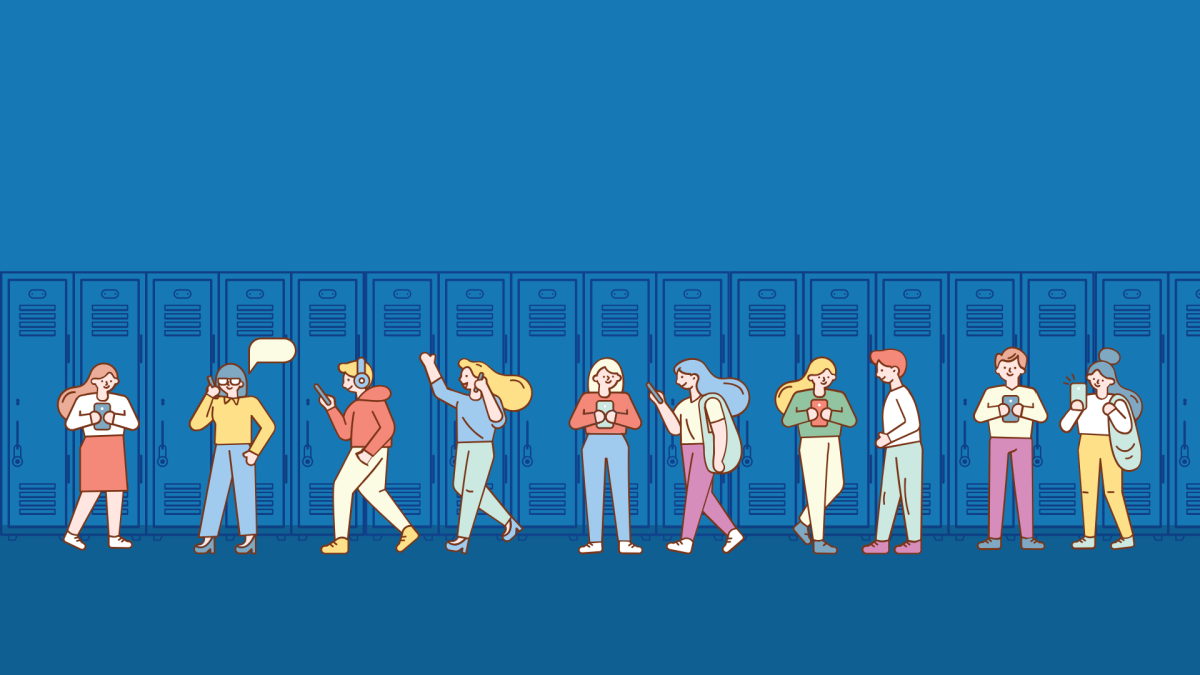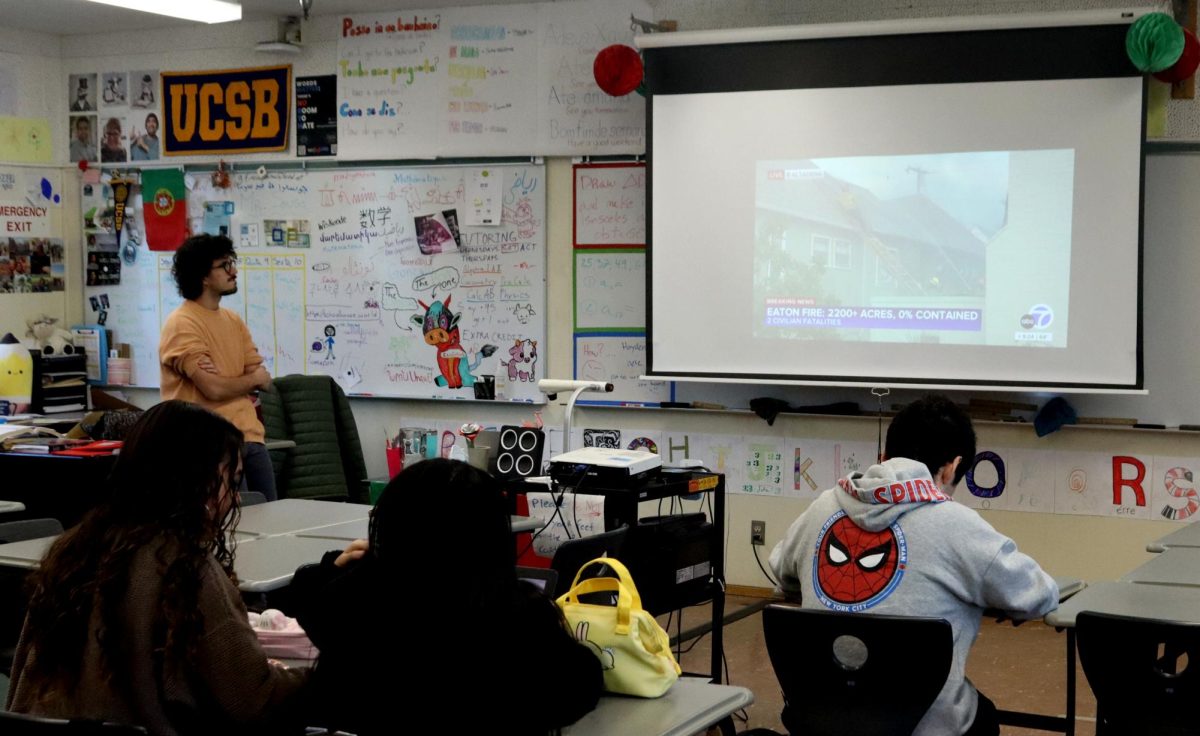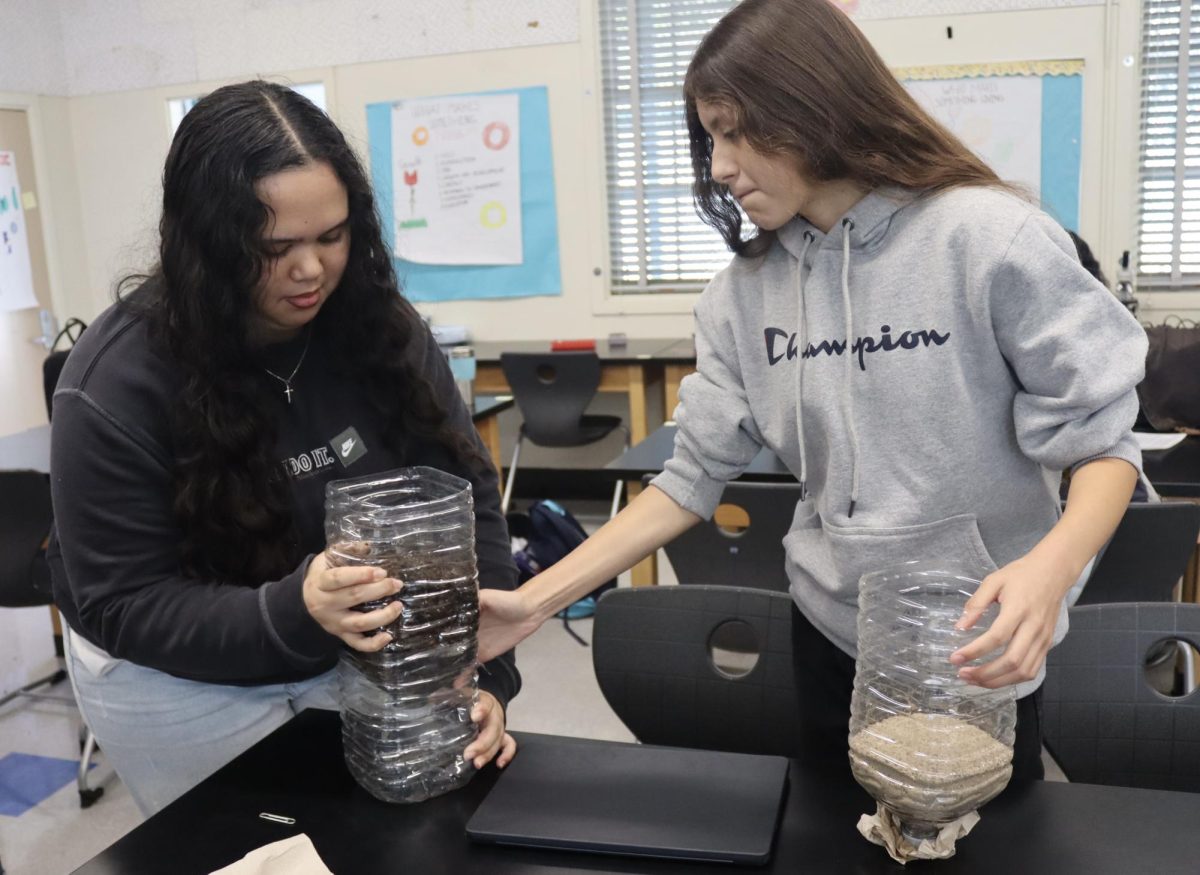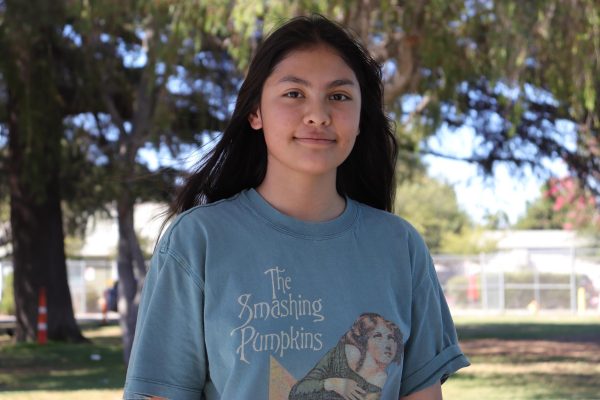When the district-wide phone ban was announced this summer, we waited with anticipation to hear how we would be impacted. As student journalists, our phones are key to our quality reporting and returning to pen and paper would be a huge blow to the accuracy and speed of our reporting.
Originally, the Los Angeles Unified School District’s phone ban was supposed to go into effect in January but has been delayed to Feb. 18. Per the conditions of the ban, students will not be permitted to use their cellphones, smartwatches or earbuds. All devices must be stored away the entire time school is in session, including lunch and nutrition..
The district will not grant exceptions for student journalists. This is disastrous for us, as we often use our lunchtimes to do the bulk of our reporting. Many of us use our phones to report, take notes and record interviews for accuracy purposes. Our phones are almost like an extension of ourselves when we’re working and to lose them would be devastating to our workflow. It would directly impact the speed at which we work and impede the accuracy of our recordings.
Fortunately, the district provided a small amount of leniency for schools in enforcing this ban. Every school’s Local School Site Council (LSLC) was appointed as the main decision-maker for their schools. At Daniel Pearl Magnet High School (DPMHS), our LSLC voted that students will keep their phones in magnetic pouches, distributed on an individual basis to keep phones in.
Moreover, the LSLC also ruled that student journalists on campus, including us at the Pearl Post and the broadcasting network Pearl Net News, will be allowed to use our phones when actively reporting — interviewing students and staff, note-taking at events, taking photos in a sudden situation — so our work is not impacted. We are very grateful to have been given this leeway for our work, as we believe we must have access to our phones so we can work.
Although we are fortunate to be at a journalism-oriented magnet school, where our needs are heard and acknowledged, the school district should take a broader look at what a sweeping ban like this will affect. Although exceptions have been granted for students with special needs, such as those who use their phones to monitor their blood sugar, there are other reasons a student may need to have their phone on them. In this modern era, simply going back to pen-and-paper is not always possible, nor the most effective way to do things.
Still, we remain grateful for the limited access we have been given to do our work. Quality reporting comes with quality resources and we are relieved we can still use our phones when doing our jobs.









